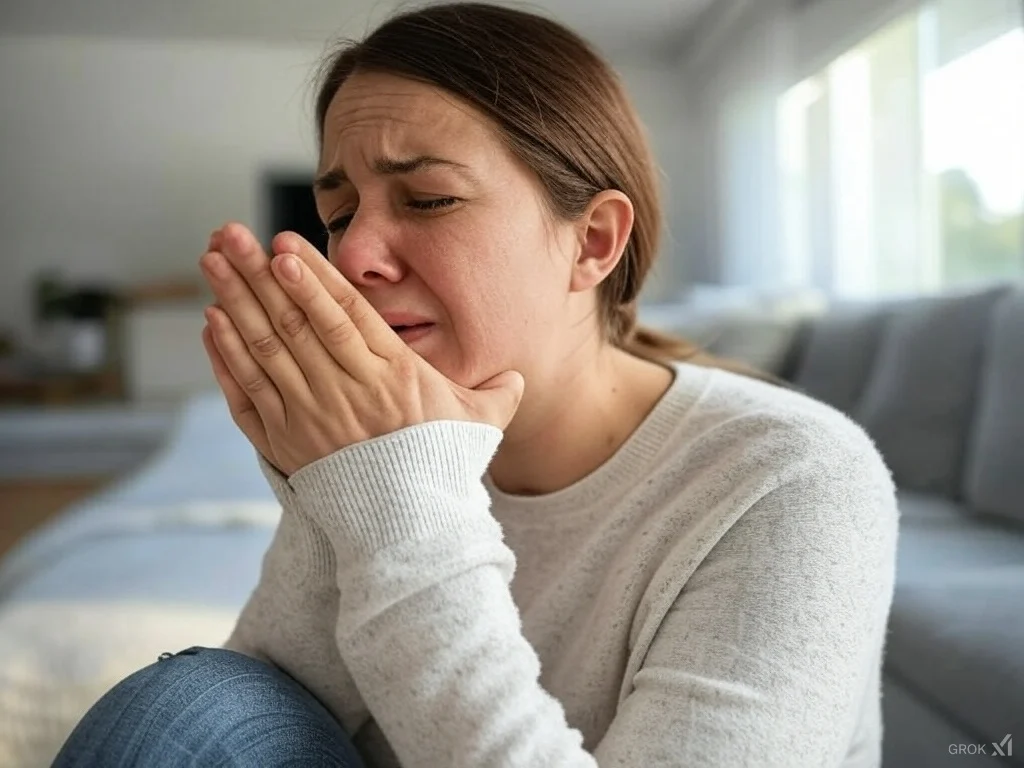As spring blooms, so do allergies for millions of people. The vibrant season brings warmer weather and budding plants, but it also triggers sneezing, itchy eyes, and runny noses. Understanding the causes of spring allergies and how to prevent them can help you enjoy the season without discomfort.
Spring allergies are primarily caused by pollen, a fine powder released by trees, grasses, and weeds to reproduce. In spring, trees like oak, birch, and maple are major culprits, releasing vast amounts of pollen into the air. When inhaled, this pollen triggers the immune system in sensitive individuals, mistaking it for a harmful invader. The body responds by releasing histamines, chemicals that cause inflammation and the classic allergy symptoms. Weather also plays a role—warm, windy days spread pollen farther, while rain can temporarily clear the air.
Tip: Prevention is the best strategy. See solutions here.
Genetics can make some people more prone to allergies, and exposure to pollutants or early-life environments may heighten sensitivity. For many, symptoms peak in spring due to the sheer volume of pollen.
Prevention starts with limiting exposure. Check local pollen forecasts and stay indoors on high-pollen days, especially during mid-morning and early evening when counts peak. Keep windows closed and use air conditioning with a clean filter to trap particles. After outdoor time, shower and change clothes to remove clinging pollen.
Over-the-counter antihistamines, nasal sprays, or decongestants can ease symptoms—consult a doctor for the best option. For long-term relief, consider allergy shots (immunotherapy) to desensitize your immune system. Natural remedies like saline rinses or local honey may help some, though evidence varies.
Spring allergies stem from nature’s renewal clashing with our immune systems. With proactive steps—monitoring pollen, reducing exposure, and managing symptoms—you can breathe easier and reclaim the season.



